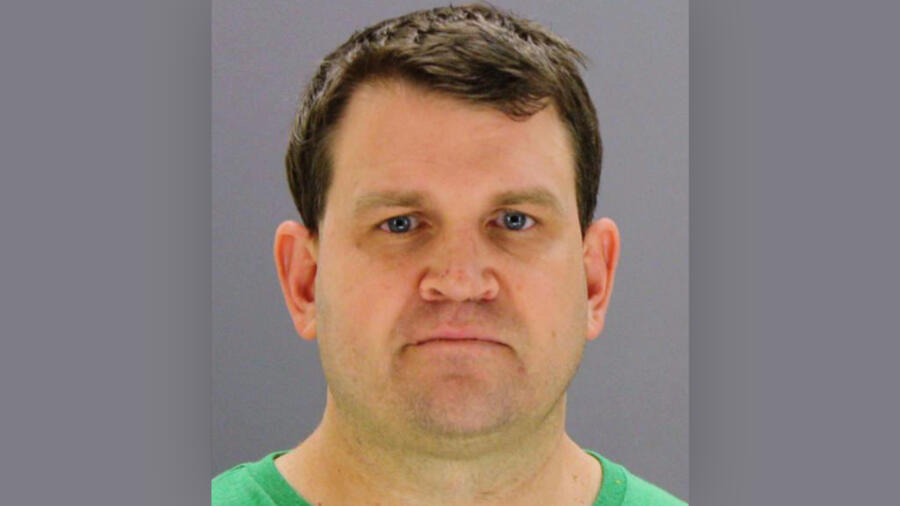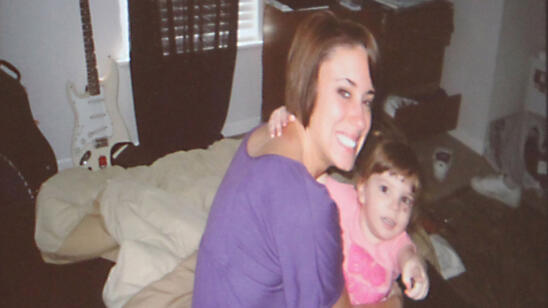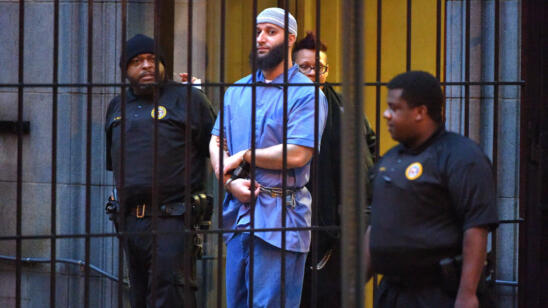Doctors who murder are a rare breed, but perhaps because their entire mission is to do no harm, they are among the most chilling kind of killers.
Texas surgeon Dr. Christopher Duntsch is one such physician who violated his oath so profoundly by intentionally botching surgeries that he became known as “Dr. Death.”
Who is Dr. Christopher Duntsch?
Duntsch was a neurosurgeon who performed spinal surgeries at Baylor Regional Medical Center at Plano (now named Baylor Scott & White Medical Center Plano), Dallas Medical Center and other hospitals in northern Texas.
What is his background?
Duntsch earned both a doctorate in molecular biology and a medical degree from the University of Tennessee Medical School. He also worked at the school as an assistant professor of neurosurgery. In 2011, he moved to the Dallas area to work at the Minimally Invasive Spine Institute, a surgical center specializing in back surgeries, and then went on to perform surgeries at area hospitals.
What is he accused of doing?
Prosecutors said that between July 2012 and June 2013, Duntsch botched multiple surgeries so severely he caused the deaths of two patients and the paralysis of many others. Duntsch was arrested in July 2015 and indicted on five charges of aggravated assault and one charge of harming an elderly person.
What was the outcome?
In February 2017, Duntsch was found guilty in a Dallas County court of aggravated assault and injury to an elderly person, for intentionally harming a patient, Mary Efurd, aged 72 at the time. In 2012 Efurd had undergone surgery to fuse two vertebrae.
A subsequent surgery by a different doctor revealed that Duntsch had committed a number of devastating errors, including leaving surgical hardware in Efurd’s soft tissue and a nerve root, severing a different nerve root and improperly screwing holes into her spine.
On February 20, 2017, Duntsch was sentenced to life in prison. He won’t be eligible for parole until 2045.
Why wasn’t Duntsch charged with murder?
Prosecutors decided to focus on their strongest case, the intentional harm of an elderly person, because that and a homicide conviction both carried the same penalty of life in prison, Dallas County Assistant District Attorney Michelle Shughart tells A&E True Crime. “It didn’t help us” to try a murder case, she says.
Was he a criminal or just a terrible doctor?
Shughart says the surgeon acted maliciously. “The carnage he caused was not a mistake or an accident or just malpractice,” she said in court.
A doctor called in to fix Duntsch’s work, Dr. Robert Henderson, testified that one surgery was done so poorly that it must have been deliberate. “He did virtually everything wrong, so to be able to do everything that wrong I felt that he must have known at some point in time how to do it right,” Henderson said. “It was that egregious.”
Duntsch’s defense team argued that he did make mistakes, but it was because he was poorly trained and inexperienced. The surgeries were “very, very poor,” said defense witness Dr. Carlos Bagley, a spine expert. “My whole summation is this is a complete and utter failure of the entire system of checks and balances and for the safety of patients from start to finish.”
Did the victims feel any relief at his sentence?
In some ways. “For the families, it gave them that closure. He was finally held accountable for what he had done,” Shughart says. But they will have lingering scars, both physical and emotional, which will never go away.” He took their lives and also the lives of those he injured,” she says. “They have to live the rest of their lives with the pain he caused.”
Why wasn’t he caught earlier?
According to Matt Goodman, writer and online editorial director for Dallas-based D Magazine, Duntsch’s atrocities slipped through the cracks. “Nobody stopped him soon enough,” wrote Goodman in his article, “Dr. Death.” “The hospitals didn’t do their due diligence until it was too late, and those who could’ve spoken up didn’t.” The article also noted that some patients who filed lawsuits ended up settling and signing nondisclosure agreements to prevent them from talking about the case.
How did Christopher Duntsch get the nickname ‘Dr. Death’?
Another physician, Dr. Jack Kevorkian, earned the moniker “Dr. Death” in the 1990s for his participation in and advocating for assisted suicide. Kevorkian died in 2011 and the nickname faded from the public sphere and had not been associated with other doctors until Duntsch’s case started making news.
After Duntsch was called “Dr. Death” in D Magazine’s headline, the name stuck.
Was he a serial killer?
Prosecutor Shughart thinks so. “Not in the traditional sort of way, but you can classify him that way,” she says. “He certainly would have kept going if anyone hadn’t stepped in to stop him.”
Duntsch himself seemed to indicate that he was or aspired to be one, once writing a friend that he wanted to “leave the love and kindness and goodness and patience” and “become a cold-blooded serial killer.”
Where is Christopher Duntsch now?
Duntsch is serving his time at the O. B. Ellis Unit at the Texas Department of Criminal Justice prison in Walker County, Texas, near Huntsville.
Related Features:
When Healers Become Killers: Why Some Nurses and Other Medical Workers Murder Their Patients
‘Good Luck Sleeping Tonight’: Serial Killers Plague Almost All Cities
Who Is ‘Dirty John’ John Meehan?
Aaron Hernandez: Was CTE to Blame for the Football Star’s Shocking Downfall?


